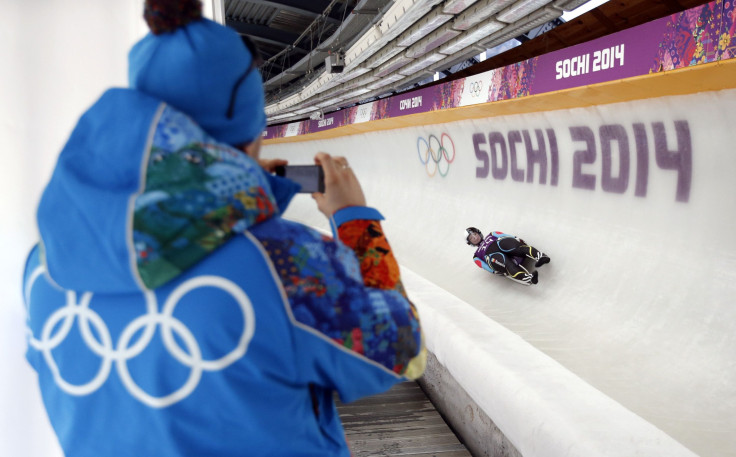2014 Sochi Olympics Hacking: Russian SORM Surveillance And Hackers Spark Cybersecurity Concerns For Media And Athletes [REPORT]

While journalists and guests complain about their “substandard” hotel experiences at the Sochi Winter Olympics, those problems may pale in comparison to security nightmares faced by users of mobile phones and laptops, which are vunlnerable to hacking and surveillance.
According to a NBC News report, smartphones and laptops entering Russia may be easily “hacked and compromised” as hackers fish for personal information and data of Sochi Winter Olympics visitors. In one test, NBC consulted Kyle Wilhoit, a security threat researcher at Trend Micro, to test how fast a device such as a mobile phone or laptop can be hacked and infected with malware in Russia.
Wilhoit explained the process in detail on his security research blog at Trend Micro.
Using brand new computers and devices such as the Apple MacBook Air, a Lenovo Windows 7 laptop and a Google Android smartphone, Wilhoit generated fake user data on each device and had all devices perform tasks NBC Correspondent Richard Engel would typically perform on each of the devices tested.
In the case of the Android smartphone, it was compromised faster than the time it took for them to finish their drinks at a local coffee shop.
The laptops didn’t fare much better, with both devices being compromised in merely 24 hours by hackers.
For Sochi Winter Olympic athletes and visitors, Engel described the security situation as being similar to “entering a minefield.”
With millions of different devices being brought into Sochi, Russia, the Internet environment is a potential goldmine for hackers looking to gather personal data on unsuspecting users.
While hackers and malware in Russia are among the largest problems to look out for in Sochi, visitors to the Olympics also have to lookout for monitoring by the Russian Government.
According to a general travel advisory from U.S. State department, the Russian Federal Law on Operational Search activity passed in 1995, paving the way for the implementation of the System for Operative Investigative Activities, or SORM.
What does this mean for athletes, media correspondents and visitors to the Sochi Winter Olympics? The law which enacted SORM allows the Russian Federal Security Service, or FSB, to monitor, analyze and keep all data that is transmitted and received across Russian networks, including but not limited to fax, phone calls, Internet browsing and email communication.
The U.S. State department advises U.S. citizens to be “cognizant of this law when using any of these means of communication.”
In the meantime, visitors to the Russia and the Sochi Olympics should take extra precautions by leaving unnecessary devices at home and avoiding public Wi-fi connections.
© Copyright IBTimes 2024. All rights reserved.












